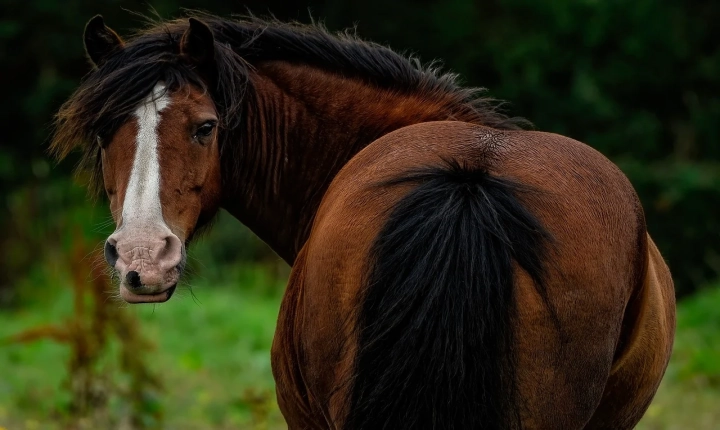Title: Can AI Learn to be Creative? Exploring the Intersection of AI and Creativity
Introduction
Artificial Intelligence (AI) has made remarkable advancements in recent years, demonstrating its ability to perform complex tasks, recognize patterns, and generate innovative solutions. However, when it comes to creativity, many question whether AI can truly learn to be creative. This article delves into the intersection of AI and creativity, exploring the current capabilities of AI in creative fields and the potential for AI to develop true creative thinking.
Understanding Creativity
Creativity is often defined as the ability to generate novel and valuable ideas, solutions, or artifacts. It involves thinking outside the box, making unexpected connections, and breaking away from established patterns. Creativity is widely regarded as a distinctly human trait, fueled by emotions, experiences, and a deep understanding of the world.
AI’s Current Creative Capabilities
AI has shown impressive abilities in various creative domains, such as music composition, visual art, and writing. For example, AI algorithms have been trained to compose music that is indistinguishable from compositions created by human musicians. Similarly, AI-powered programs can generate visual art that resembles the style of famous painters or create compelling narratives and poetry.
These achievements highlight AI’s capacity to mimic creative outputs based on existing patterns and datasets. However, the crucial question remains: can AI truly learn to be creative in the same way as humans?
Challenges in AI Creativity
AI faces significant challenges when it comes to genuinely understanding and embodying creativity. While AI can analyze vast amounts of data and recognize patterns, it lacks the capacity to experience emotions, perceive the world subjectively, or deeply understand cultural and historical contexts—the essential components of human creativity.
Additionally, creativity involves intuition, spontaneity, and the ability to break away from conventions, which are complex cognitive processes that AI struggles to replicate authentically. These challenges prompt a deeper exploration into the potential for AI to bridge the gap between computational prowess and creative thinking.
The Future of AI and Creativity
Despite the current limitations, the future of AI and creativity holds tremendous promise. Researchers and developers are actively exploring ways to imbue AI systems with attributes that go beyond pattern recognition and systematic generation. By incorporating elements of emotional intelligence, contextual understanding, and autonomous decision-making, AI could take significant strides toward genuine creativity.
Advancements in machine learning, natural language processing, and neural networks are driving the evolution of AI’s creative abilities. Additionally, the integration of generative adversarial networks (GANs) and reinforcement learning approaches is paving the way for AI to engage in truly innovative and original creative processes.
Furthermore, AI systems have the potential to collaborate with human creators, augmenting their creative workflows and offering fresh perspectives and ideas. This collaborative approach, known as “augmented creativity,” envisions AI as a supportive partner in the creative process rather than a replacement for human creativity.
Ethical Considerations
As AI’s creative capabilities evolve, ethical considerations also come into play. Questions arise regarding the authenticity and ownership of AI-generated creative works, as well as the ethical implications of AI influencing cultural and artistic expression.
Moreover, the democratization of AI-generated creativity may challenge traditional notions of artistic creation, raising concerns about the commercialization and commodification of AI-generated content.
Conclusion
While AI has made significant strides in mimicking creative outputs, the path to true creative intelligence is a complex and multifaceted journey. The potential for AI to genuinely learn and embody creative thinking holds substantial theoretical and practical implications, shaping the future of artistic expression, problem-solving, and innovation.
As AI continues to advance, the intersection of AI and creativity will undoubtedly undergo transformative shifts, raising profound questions about the nature of creativity and the role of AI in shaping the creative landscape. This ongoing exploration not only expands the frontiers of AI research but also sparks meaningful reflections on the essence of human creativity in a technologically evolving world.
